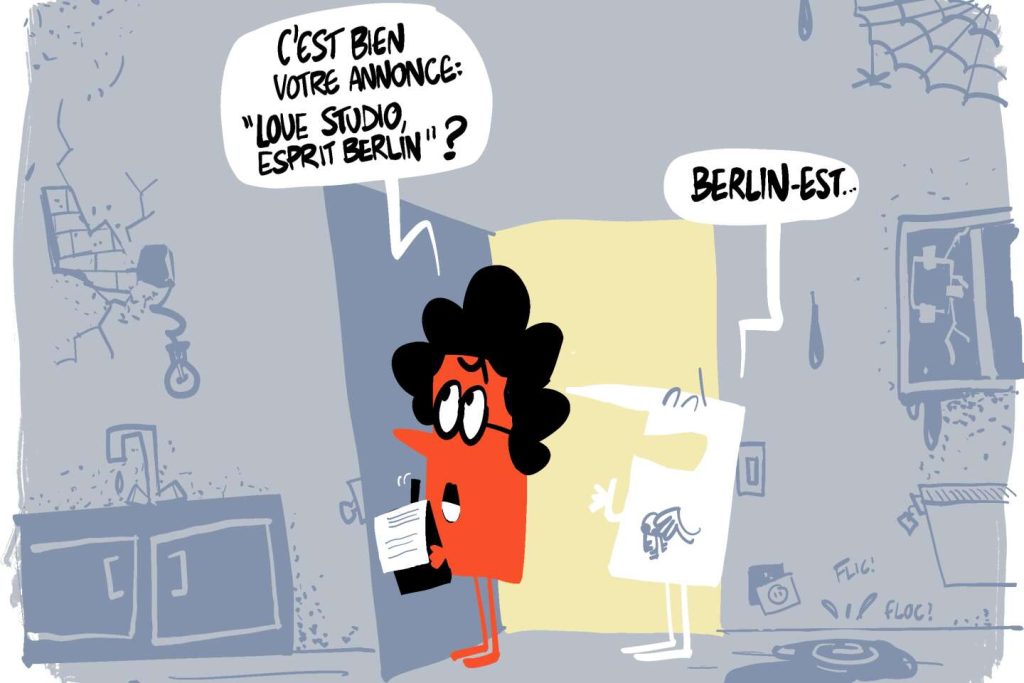Approximately 550 municipalities out of 34,935 have chosen to implement the rental permit system on at least part of their territory, compared to less than 400 in 2022. Both large cities like Lille, Marseille, and Bordeaux, as well as smaller ones, have opted for this system. The rental permit was introduced at the end of 2016 as part of the Housing Access and Urban Renewal Law (ALUR) of 2014, with the aim of combating substandard housing and slumlords. Landlords must comply with the permit by either submitting a rental declaration form to the town hall within fifteen days of signing a lease or obtaining prior authorization from the municipality before renting out a property. The municipality then has the freedom to choose the appropriate methods for monitoring rental properties.
In Rouen, where the system has been in place since 2021, the municipality has opted for prior authorization. Amèle Mansouri, the deputy in charge of housing, explains the process of verifying each address against lists of buildings flagged for danger or unhealthiness. In 2022, around ten requests for prior authorization were either rejected or left pending due to such issues. In 2023, the city received 1,122 requests and issued 109 refusals. In Mantes-la-Jolie, where the rental permit has been in effect since 2018, the town hall receives approximately forty permit requests per month. This system has led to the renovation of 480 properties annually, although fines are still imposed on dishonest landlords.
The effectiveness of the rental permit system depends on the resources allocated by municipalities for inspections. In Meaux, for example, only one person is currently handling permit requests, with plans to hire another. In Mantes-la-Jolie, three agents are dedicated to this task, while in Lille, the permit system is overseen by the hygiene and health service, which has twenty agents. Failure to comply with the permit can result in a fine of 5,000 euros, increasing to 15,000 euros for repeat offenders. Overall, the rental permit system has proven to be a valuable tool in improving the quality of rental housing, with many municipalities reporting positive results in terms of renovations and enforcement against unscrupulous landlords.
Despite the growing number of municipalities implementing the rental permit system, there is currently no official count available. However, the system has been gaining traction, with more than 550 municipalities estimated to have adopted it by early 2024. This marks a significant increase from the previous year, indicating a growing interest in combatting substandard housing and unethical rental practices. The system, introduced as part of the ALUR law, provides a framework for municipalities to monitor rental properties and take action against non-compliance. By requiring landlords to obtain a permit before renting out a property, the system aims to improve housing quality and crack down on slumlords.
In conclusion, the rental permit system is proving to be an effective tool in addressing housing issues in France. Municipalities that have implemented the system have reported positive outcomes, such as increased renovations and enforcement measures against dishonest landlords. While the effectiveness of the system depends on the resources allocated for inspections and enforcement, it has the potential to significantly improve the quality of rental housing and protect tenants from unsafe living conditions. As more municipalities adopt the system, it is likely to become an important measure in ensuring the availability of safe and decent housing for all residents.


